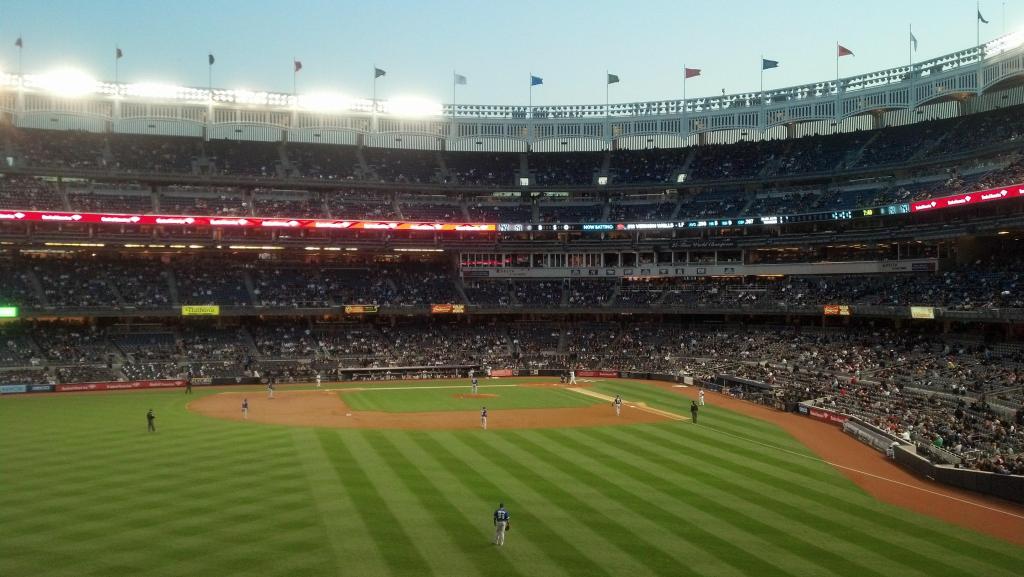Major League Baseball settles with fans over game telecasts
Published 6:35 am Wednesday, January 20, 2016

- Major League Baseball
Major League Baseball, Comcast Corp. and DirecTV agreed to settle a class-action lawsuit brought by fans over how games are broadcast, a crack in the dam the league and pay TV have built against unrestrained viewing.
The suit, filed in 2012, challenged baseball’s system for granting exclusive broadcast rights to regional networks and barring teams from broadcasting or streaming games outside their home territories. The fans claimed the arrangement inflated prices, restricted choice and violated U.S. antitrust law.
It isn’t clear what impact the settlement, whose details weren’t disclosed, will have on the way Americans watch — and the industry makes money on — baseball. MLB confirmed the pact in a statement and said that “because the process remains ongoing, it is not appropriate to comment further at this time.” Edward Diver, a lawyer for the fans, didn’t immediately return phone and email messages seeking comment.
The trial was scheduled for Tuesday before U.S. District Judge Shira Scheindlin, who was to consider the case without a jury. Scheindlin issued several pretrial rulings that made the defense more difficult. In one key ruling, she said baseball’s exemption from antitrust law, which it won in a 1922 Supreme Court case, didn’t apply to its broadcast contracts. She must approve the settlement before it can take effect.
The agreement follows one reached in June by the National Hockey League in a parallel case. Under that pact, the NHL will provide fans with single-team packages priced at least 20 percent below the bundled out-of-market package for the next five years. The baseball suit had already prompted changes in the system. In December, MLB said in court papers that before next season it would introduce single-team streaming packages to allow out-of-market fans to watch their ball clubs without paying for other games.
The plaintiffs had argued that MLB was illegally restraining competition by limiting the markets in which its 30 teams can make broadcast deals.
For example, New York Yankees fans living in Florida have had to buy a package of out-of-market games rather than just paying for the YES Network, which broadcasts the team’s games.
For a Mets fan living in Iowa, there are no major league teams based in her state, yet six teams hold broadcast rights there, three of them in the National League: the Chicago Cubs, the St. Louis Cardinals and the Milwaukee Brewers. A Mets matchup with any of those teams gets “blacked out” from her package. On any given evening, she could be missing young flamethrowers like Matt “the Dark Knight” Harvey, Jacob “Degrominator” deGrom, Noah “Thor” Syndergaard and Steven (nickname pending) Matz.
MLB says the system prevents the teams in big markets from gobbling up all the TV deals and starving small-market teams, ensuring more games, more competition and more choices for fans.
While antitrust law encourages Coke and Pepsi to battle it out in the marketplace even if one of them perishes, a professional sports league such as MLB may coordinate to guarantee on-field competitiveness and its overall financial health, said Elai Katz, head of the antitrust law practice at New York’s Cahill Gordon & Reindel, before the settlement.
“You don’t want all revenues to go to the Yankees and the Dodgers,” he said.
In Scheindlin’s only other big sports antitrust case so far, in 2004, the judge ruled against the National Football League and was reversed in federal appeals court by Judge Sonia Sotomayor, later appointed to the U.S. Supreme Court.





